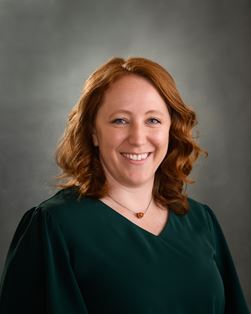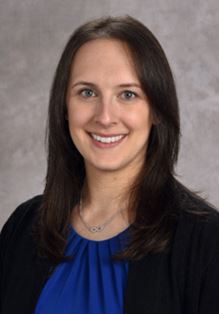1801-1810 of 3945 Results Found
CME Session
NSGR - Neuropsychological Functioning in Children - Aimee Hammer, PhD
Presenter: Aimee Hammer, PhD Neuropsychologist Barrow Neurological Institute at Phoenix Children’s Learning Objectives: Describe common types of craniosynostosis. Discuss the neurodevelopmental outcomes of syndromic and non-syndromic craniosynostosis in children. Describe
Conditions We Treat
Our interventional cardiologists use minimally invasive techniques and leading-edge technology to repair heart defects, replace valves and improve blood flow. We offer specialized procedures to examine and repair many types of congenital or acquired cardiovascular conditions that

CME Session
Fundamentals of Magnetic Resonance Imaging and Clinical Uses/Implications in Determining a Diagnosis - Rebecca Silverstein, DO
Children’s Neuroscience Grand Rounds Fundamentals of Magnetic Resonance Imaging and Clinical Uses/Implications in Determining a Diagnosis Learning Objectives Describe the basic principles of MRI imaging. Recognize various applications of MRI sequences to help determine diagnosis
CME Session
VWGR - Molecular Testing - Philip James, MD
Session Objectives: Know the difference between chromosome karyotype and chromosome microarray What is the ACMG Secondary Findings Panel Why do whole exome sequencing versus a panel/single gene
CME Session
VWGR - Child Sexual Abuse: What Should Pediatricians Know?
Session Objectives: List common presenting signs and symptoms of child sexual abuse. Explain why the most common finding in acute sexual assault a normal exam is. Define child sexual abuse and list the relative frequency of its occurrence Recorded session available upon request

Meet Your Team
At the Eosinophilic Gastrointestinal Disease Clinic, experts in pediatric gastroenterology, allergy/immunology and nutrition provide one-stop multidisciplinary care to help children with this rare disease receive the best care possible. These providers communicate with each other
Patient and Family Advisory Councils - Other Ways to Get Involved
As a Patient and Family Advisor, you’ll have other opportunities to serve as an agent of change. In most cases, these opportunities are for active PFAC/ PPWG members or those who have completed a two-year term on a council. Opportunities may include: Committees Focus groups
Conditions We Treat
Our specialists treat all forms of epilepsy, including the following: Dravet syndrome Doose syndrome Epileptic encephalopathy Epilepsy secondary to an underlying genetic/chromosomal disorder Febrile seizures First unprovoked seizure Focal or localization-related epilepsy
